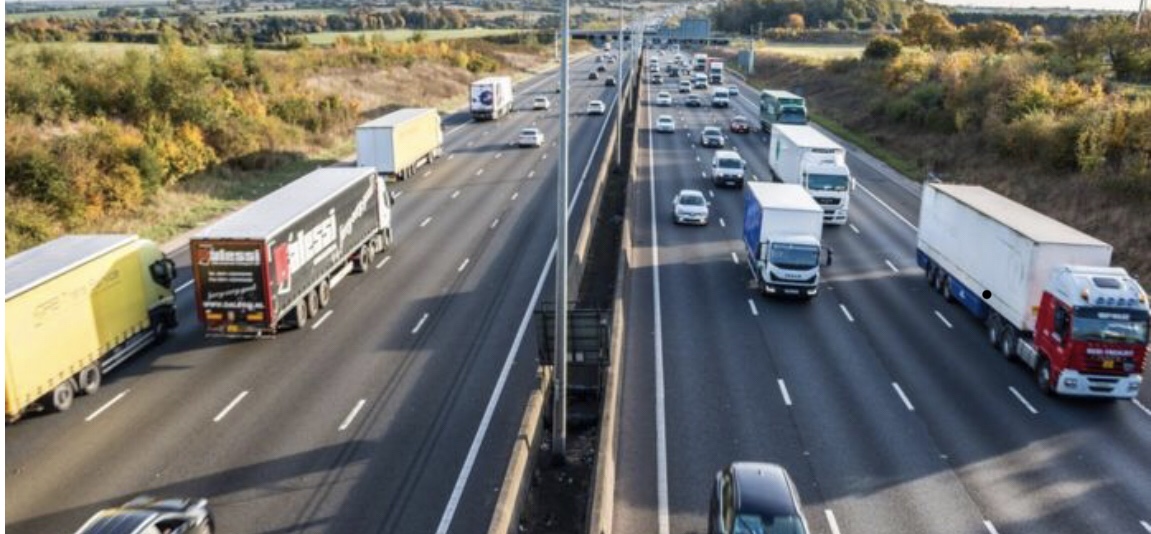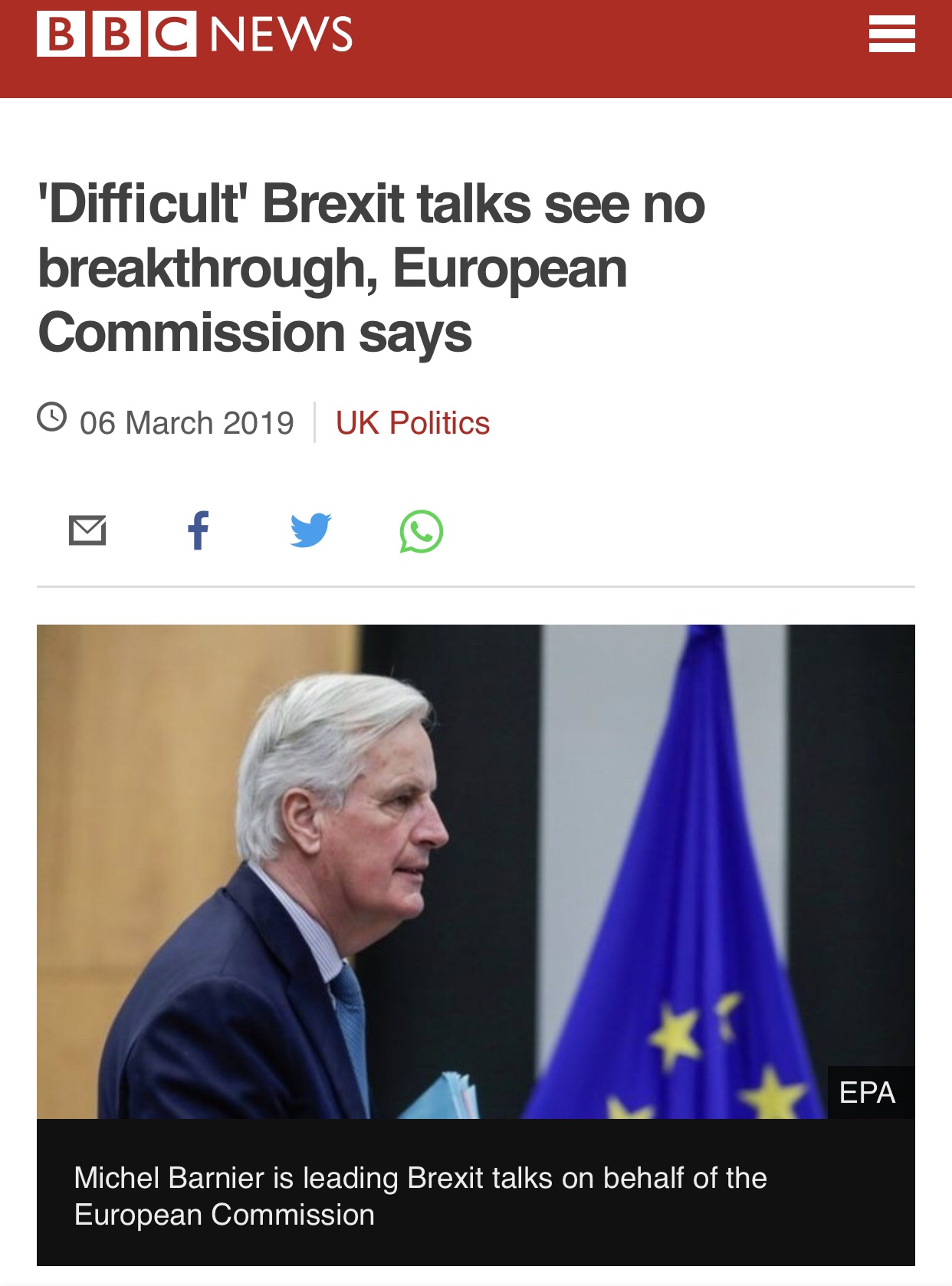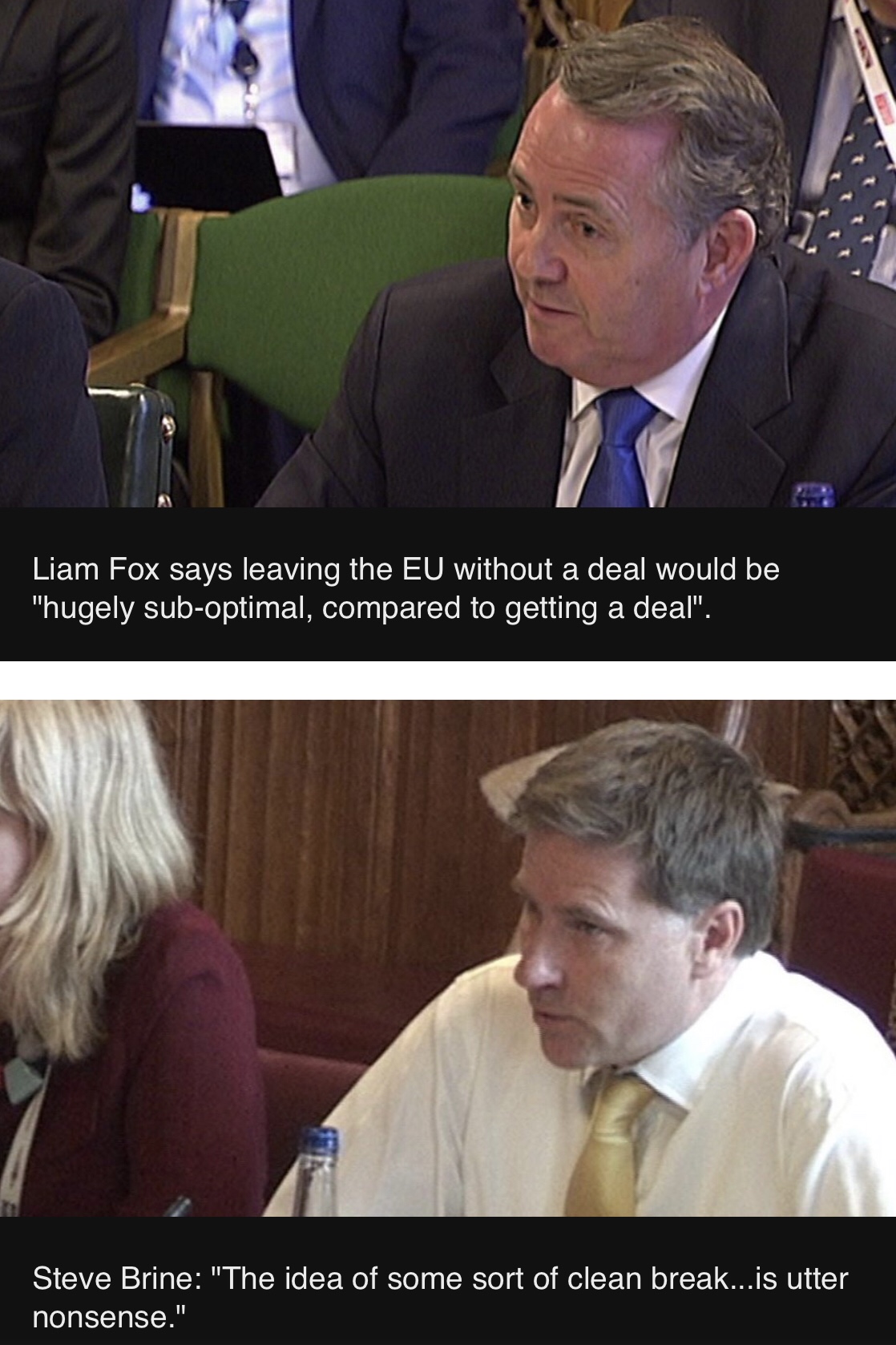Brexit secretary confirms only 43 of 161 agreements seen as essential have been rolled over.
The UK will have replicated less than half the international agreements the EU has in place with other countries by Brexit day, the government has confirmed.

Just 43 of the 161 international treaties and agreements currently in place, including 11 aviation deals to allow planes to keep flying to countries such as Canada and the US, have been rolled over.
Also agreed were five nuclear treaties that would enable continuity of energy supplies, the Brexit secretary, Stephen Barclay, said in a written statement. But he admitted: “If the UK leaves the EU without a deal, it will not be possible to complete the transition of all agreements by 29 March 2019.”
“…leaving a further 97 as work in progress. These include trade deals with Iceland, Japan, Liechtenstein, Norway and Turkey”
The UK benefited from more than 1,000 treaties, said the government, but officials have determined that just 161 of these are essential for a no-deal scenario, including more than 30 trade deals.
In addition to the 43 deals already done, another 21 are “expected to be ready” for transition by 29 March, leaving a further 97 as work in progress. These include trade deals with Iceland, Japan, Liechtenstein, Norway and Turkey.
As an EU member the UK is automatically party to about 40 trade deals with more than 70 countries and Barclay said it was “not the government’s intention to transition all agreements in their entirety”.
Only a handful of “continuity” deals have already been completed, including agreements with Israel, the Palestinian Authority and the Faroe Islands, accounting for just 11% of the UK’s international trade.
Earlier this week, the international trade secretary, Liam Fox said that several more were in the pipeline, including deals with a group of African countries. But some countries were holding out to see whether Britain crashed out of the EU or not before coming to their decision.
A spokesman for DExEU said “good progress has been made on many of the most important agreements”.
These include nuclear cooperation agreements to support the energy industry in the UK and arrangements for the continuation of airline services to countries including the US and Canada, which will be or are expected to be in place.
You can read the article here: Most EU treaties won’t be replicated in UK by 29 March, says minister
Source: The Guardian
At the moment, lorry drivers in the UK wanting to deliver to the EU need to have a community licence, which is a document issued by UK authorities that allows them to operate there.
That’s important because about 3.5 million road goods vehicles travel from Britain to Europe each year .

If Theresa May’s withdrawal agreement is ratified by Parliament, then the situation will remain the same throughout a transition period as the UK negotiates the future trade relationship.
But if the UK leaves without a deal , then EU countries will no longer have to accept community licences issued in the UK.
The commission has adopted a proposal to allow UK operators to carry goods in the EU until the end of 2019 following a no-deal Brexit, as long as the UK does the same thing for EU operators.
“We are still not sure the commission’s proposal is going to go through – and even if it does, it will only run until the end of the year and provide far less access to the EU market than our members enjoy today,” said Pauline Bastidon, from the Freight Transport Association.
Read the article here: Brexit: What would no deal mean for lorry drivers?
Source: BBC News
Most sources says, EU thinks there is still some way to go. One week away from the next Meaningful vote (12 February) and 22 days before Brexit. Will there be a new proposal on the Irish Backstop? I think there will be. But it is not an easy process.

Brexit negotiations “have been difficult” and “no solution has been identified” to the Irish backstop, the European Commission has said.
It comes after the latest talks between UK ministers and EU Brexit negotiator Michel Barnier in Brussels.
Commission spokesman Margaritis Schinas said the talks had taken place in a “constructive atmosphere” but there had been no breakthrough.
The UK is pushing for legally-binding changes to the EU deal.
Mr Schinas was speaking after Mr Barnier briefed the European Commission’s weekly meeting on the state of Brexit talks.
Speaking after talks with Mr Barnier, the UK’s Attorney General Geoffrey Cox said: “Both sides have exchanged robust, strong views. We’re now facing the real discussions. Talks will be resuming soon.”
He added: “We’re into the meat of the matter, we’ve put forward very reasonable proposals.”
Downing Street echoed Mr Barnier’s characterisation of the talks as “difficult”, but said the negotiations were “ongoing”.
“The EU continues to say that it wants this to be resolved and that it wants the UK to leave with a deal. Parliament has been clear that for this to happen, we require legally-binding changes which mean that the UK can’t be trapped in the backstop indefinitely,” said the PM’s official spokesman.
“That is what we will continue to pursue.”

The backstop is an insurance policy – designed to avoid a hard border “under all circumstances” – between Northern Ireland and the Irish Republic.
Prime Minister Theresa May is pinning her hopes on getting changes to it that will prevent the UK from being tied to EU customs rules if no permanent trade deal is agreed after Brexit.
She believes this would be enough to get MPs – who last month rejected her deal by an historic margin – to back her deal in a vote she has promised on or before 12 March.
But the EU has consistently refused to rewrite the deal it has struck with Mrs May, which is meant to ensure an orderly departure from the bloc on 29 March and pave the way for trade talks.
And Mr Barnier repeated that message to EU leaders, according to Mr Schinas.
“Discussions have been difficult and no solution has been identified to that is consistent with the withdrawal agreement, including the Northern Ireland protocol which, as you know, will not be reopened,” he said at a press conference in Brussels.






You must be logged in to post a comment.